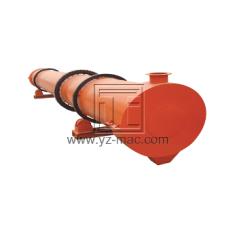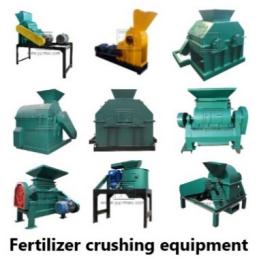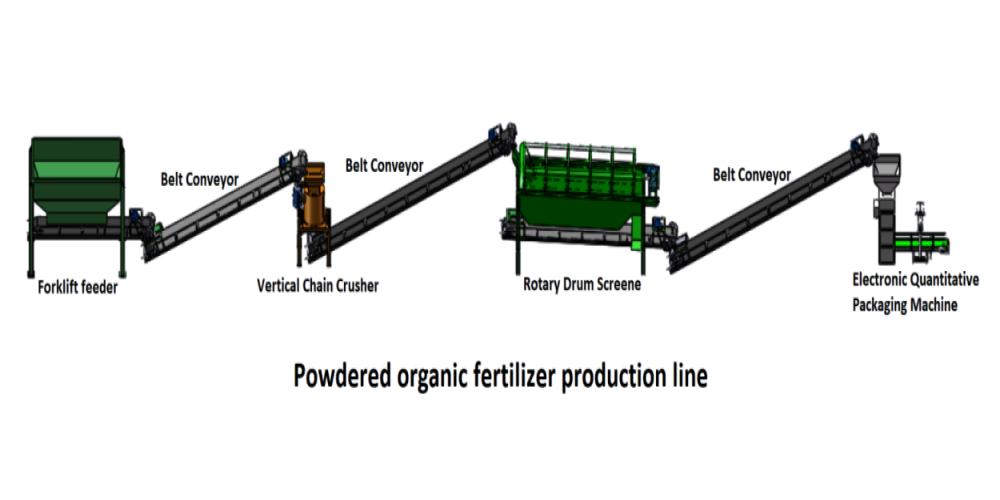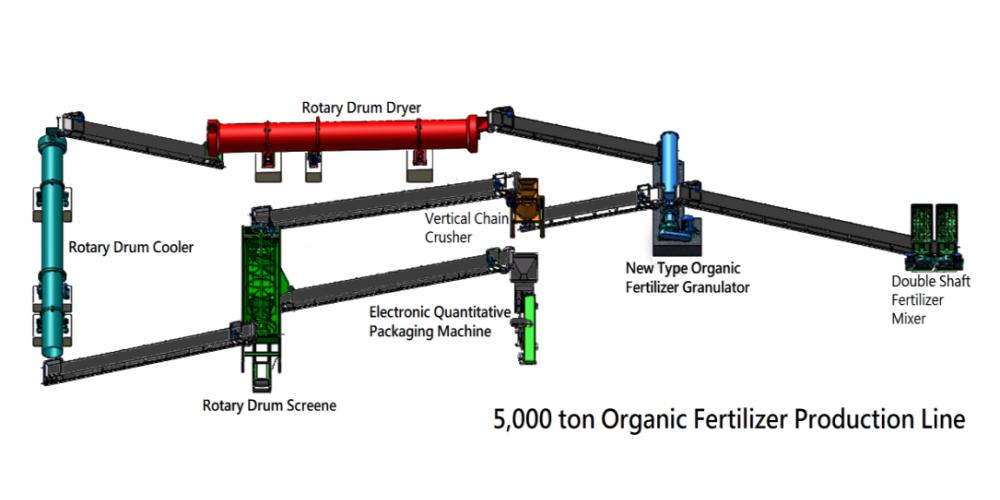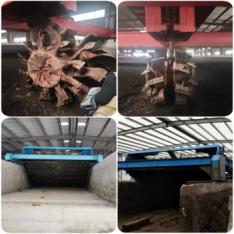Compound fertilizer dryer
Compound fertilizer, which typically consists of a mixture of nitrogen, phosphorus, and potassium (NPK) compounds, can be dried using various techniques. The most commonly used method is rotary drum drying, which is also used for organic fertilizers.
In a rotary drum dryer for compound fertilizer, the wet granules or powders are fed into the dryer drum, which is then heated by gas or electric heaters. As the drum rotates, the material is tumbled and dried by hot air flowing through the drum.
Another drying technique for compound fertilizer is spray drying, which involves spraying a liquid mixture of the fertilizer compounds into a hot drying chamber, where it is rapidly dried by hot air. This method is particularly suitable for producing granular compound fertilizers with controlled particle size.
It is important to ensure that the drying process is carefully controlled to avoid over-drying, which can lead to nutrient loss and reduced fertilizer effectiveness. In addition, some types of compound fertilizers are sensitive to high temperatures and may require lower drying temperatures to maintain their effectiveness.


